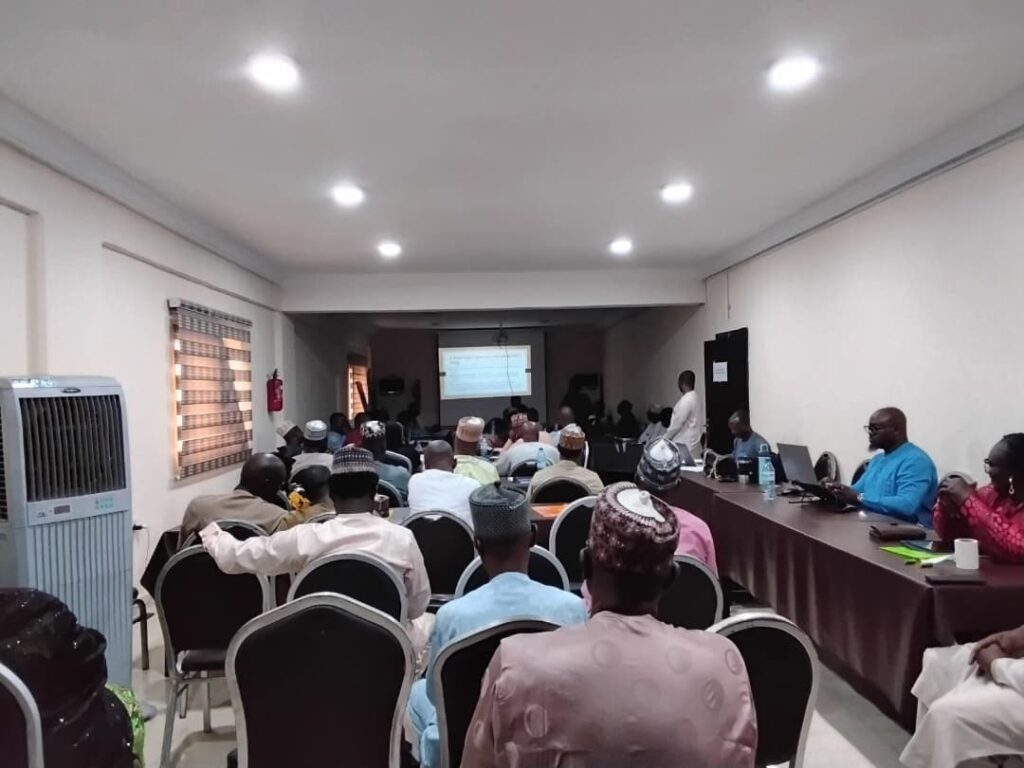The Child Rights Information Bureau (CRIB) of the Federal Ministry of Information and National Orientation, in collaboration with the United Nations Children’s Fund (UNICEF), has organized a regional workshop for 60 media practitioners on ethical journalism and child rights reporting.
The training Is designed to equip journalists with the knowledge and skills to responsibly recognize and report on critical child rights issues including abuse, exploitation, education, health, and the impact of conflictwithout compromising the dignity and safety of children.
KNSG to Transform Radio Kano into Journalist Training Hub
In his welcome address, Director of CRIB, Mr. Toye Falayi, highlighted the core objectives of the workshop, which include Understanding the legal and ethical frameworks governing child-focused reporting in Nigeria, including the Child Rights Act and relevant international conventions.
He noted that others are, Identifying and mitigating risks associated with reporting on children, with emphasis on protecting their safety, privacy, and dignityas well as applying best practices in interviewing children, handling sensitive information, and safeguarding sources.
“Utilizing compelling, yet ethical storytelling techniques to advocate for children’s rights without sensationalism or harm”
Journalists’ Pay, Healthcare Top Agenda as NUJ Pushes for Media Reform Bill
Mr. Falayi further stressed the importance of contextual reporting
“Journalists must understand the unique challenges faced by children in different regions and contexts within Nigeria to ensure their stories reflect not only their struggles, but also their resilience and hopes.”
In his keynote address the Chief of Field Office, UNICEF Kano, Mr. Rahma Rihood Mohammed Farah, highlighted the vital role of ethical journalism in building trust, healing divisions, and protecting society’s most vulnerable, especially children.
He noted that in a nation with diverse ethnicities, religions, and perspectives, the media can either be “the glue that holds people together or the wedge that drives them apart.”
According to him, ethical journalism marked by accuracy, fairness, and balance is the antidote to misinformation and hate speech.
Farah stressed that ethical reporting is particularly critical in safeguarding children.
“Children are not miniature adults. They are vulnerable, their minds are impressionable, and their futures are shaped by how we represent them,” he said.
He warned against publishing names or images that may stigmatize children affected by violence, conflict, or abuse, urging journalists to prioritize dignity, consent, and the best interests of the child.
“A sensational headline about a child might sell newspapers, but an ethical story protects the child’s right to a future free from shame and harm. You are not just reporters; you are guardians of their dignity,”
The two-day workshop is part of ongoing efforts by UNICEF and CRIB to strengthen the capacity of the Nigerian media in promoting child rights and ensuring responsible coverage of issues affecting children across the country.





